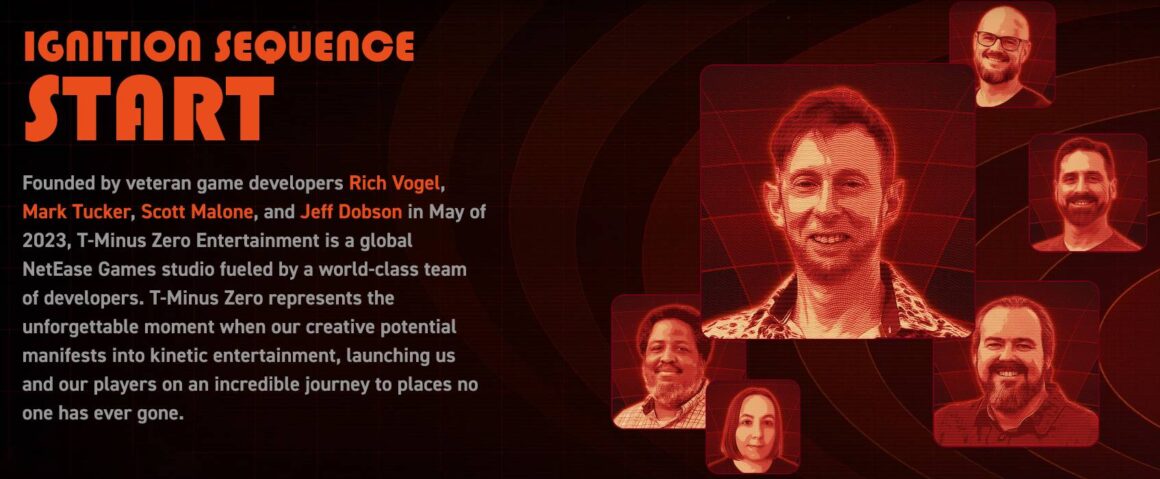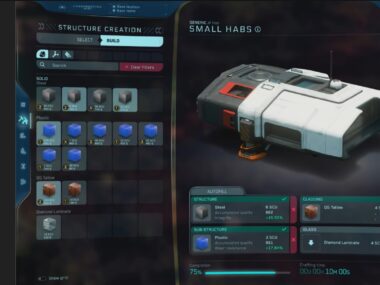The Rise and Fall of T-Minus Zero
Rich Vogel, Studio Head of T-Minus Zero Entertainment, confirmed that NetEase has shut down the studio. T-Minus Zero was founded in 2023 by Vogel, Mark Tucker, Jeff Dobson, and Scott Malone, with around 17 employees working on a new online sci-fi action game.
The pedigree was undeniable. Between them, the founders had credits on Star Wars: Galaxies, Star Wars: The Old Republic, Elder Scrolls Online, Fallout 76, Fallout 4, Halo 4, DOOM 2016, EverQuest, and Ultima Online. Vogel in particular had been instrumental in shaping large-scale MMOs, though it’s worth repeating: he was long gone from Star Wars: Galaxies before Sony’s disastrous “New Game Enhancements” update that drove away players.
On paper, this was a dream team. Yet here we are. The studio is gone, and the game never even had a chance to be revealed.
Why Did It Close?
The obvious question is what happened? While NetEase owned T-Minus Zero, they weren’t bankrolling them indefinitely. NetEase provided seed funding and development runway, but it was up to the studio to raise additional investment. Vogel said NetEase even tried to help them find that funding. Unfortunately, no deals came through.
This wasn’t simply a case of NetEase abandoning them. It was part of a larger pattern. In the past year, NetEase has closed or scaled back several Western studios, including Worlds Untold (led by Mass Effect’s Mac Walters), Jar of Sparks (Halo veterans under Jerry Hook), and Humanoid Origin (founded by ex-BioWare GM Casey Hudson). The shift is clear: NetEase is reining in its Western investments after years of aggressive expansion.
At the same time, the broader market turned hostile to exactly the kind of game T-Minus Zero was building. Live service titles are struggling. Sony poured resources into them only to watch most flop. Rising development costs, selective investment, and post-pandemic market correction made funding new, risky projects nearly impossible.
Would Their Game Have Worked?
That’s the harder question.
There’s no denying the veteran talent on this team. I still remember the magic of Star Wars: Galaxies. But would a game like that thrive today? Or The Old Republic? Even Fallout 76, which this leadership touched, stumbled badly at launch, especially after Bethesda decided to remove NPCs from a series known for its storytelling.
Experience is invaluable, but the market has shifted dramatically in just a few years. The problem isn’t just whether T-Minus Zero’s game would have been fun. It’s whether it would have been something players actually wanted in 2025 and whether investors would be willing to gamble on it.
Sadly, we’ll never know. Unless some publisher decides to pick up the project, their sci-fi action game is gone before it even had a name.
The closure of T-Minus Zero Entertainment is more than just another studio shutdown. It’s a sign that even seasoned veterans can’t escape the brutal realities of today’s industry. Talent and experience matter, but they aren’t enough when publishers are cutting costs, investors are skittish, and players are skeptical of live service promises.
NetEase shutting down a team of this caliber sends a message: the era of unlimited funding for ambitious new IPs is over. Survival now depends not just on making great games, but on proving, up front, that the game is exactly what players and investors are looking for.






